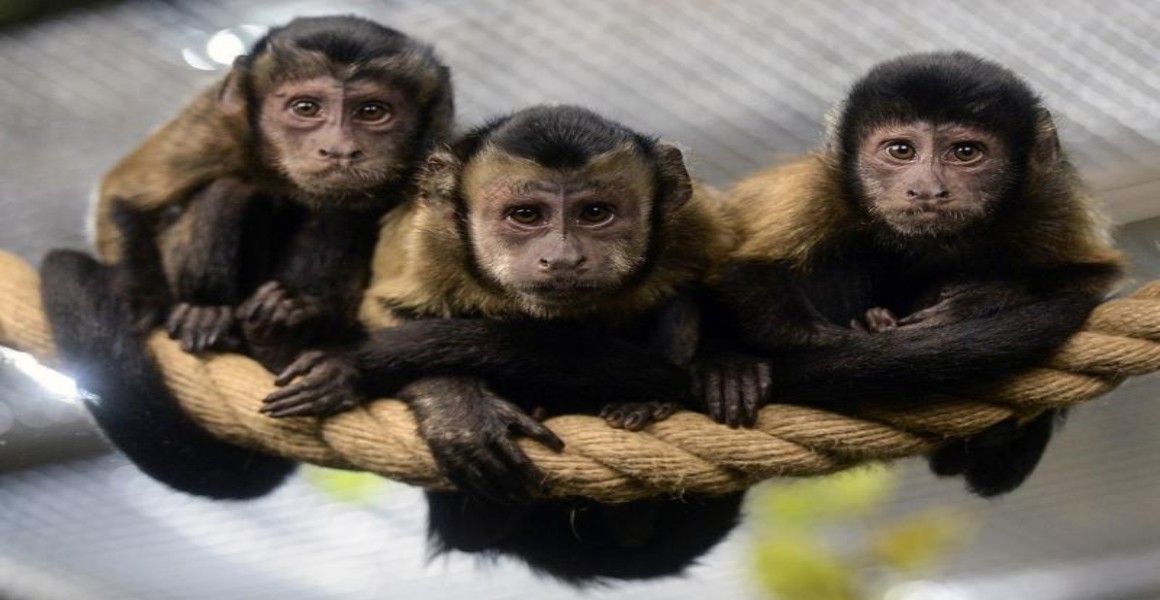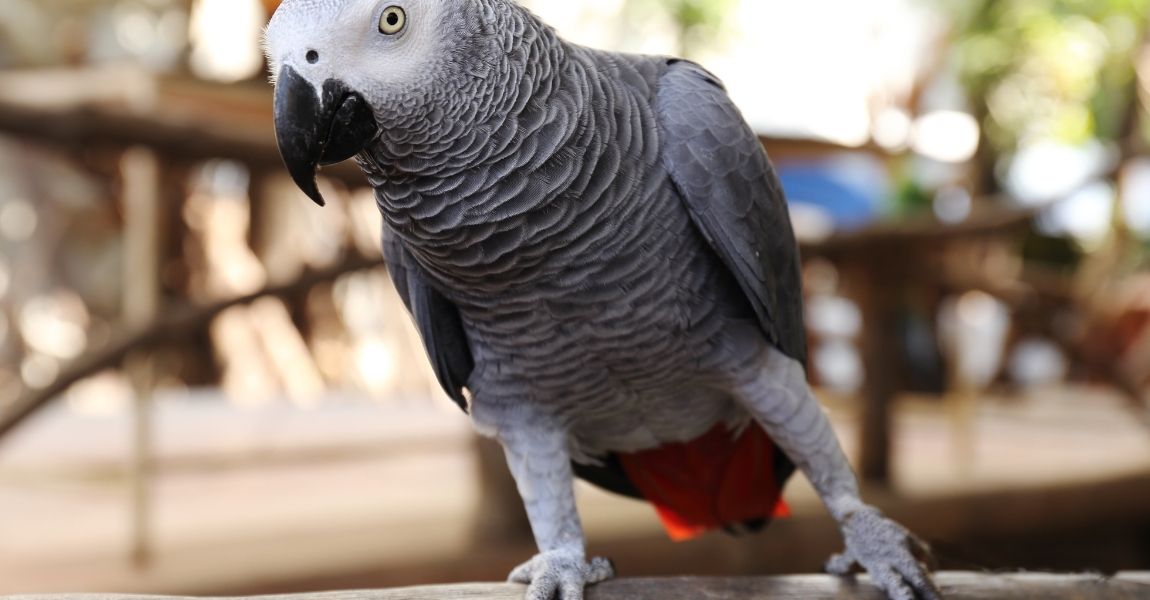Introduction:
Pet Capuchin monkeys can bring immense joy and companionship to our lives, but it's important to recognize that they can be highly susceptible to human infections and diseases. Due to their close proximity and interactions with humans, it's crucial to understand the risks and take necessary precautions, especially when we are sick. In this article, we will explore why pet Capuchin monkeys are prone to human infections and the significance of isolating oneself from them when illness strikes.
Shared Immune Systems:
Humans and Capuchin monkeys have different immune systems, making them susceptible to diseases that may not affect humans or vice versa. Certain infections, such as respiratory illnesses, the common cold, and influenza, can be transmitted between humans and Capuchin monkeys due to similarities in the respiratory systems.
Zoonotic Diseases:
Zoonotic diseases are illnesses that can be transmitted between animals and humans. Pet Capuchin monkeys can carry various zoonotic diseases, including viral, bacterial, and parasitic infections. Examples of zoonotic diseases that can affect both humans and Capuchin monkeys include tuberculosis, herpes B virus, hepatitis, and salmonellosis.
Weakened Immune Systems:
Capuchin monkeys may have weaker immune systems compared to humans, making them more susceptible to infections and diseases. Factors such as stress, inadequate nutrition, and living in captivity can compromise their immune function, making them more vulnerable to contracting human illnesses.
Close Physical Contact:
Capuchin monkeys are highly social animals and often engage in close physical contact with their human caregivers. This proximity increases the risk of disease transmission. Sneezing, coughing, and direct contact with bodily fluids can facilitate the spread of infections between humans and Capuchin monkeys.
Respiratory Sensitivity:
Capuchin monkeys have sensitive respiratory systems, similar to humans. They are prone to respiratory infections and can experience severe complications from respiratory illnesses, including pneumonia. Therefore, it's crucial to minimize exposure to respiratory pathogens when interacting with them.
Importance of Isolation:
When humans are sick, it is essential to isolate oneself from pet Capuchin monkeys to prevent the transmission of infections. Even if the illness seems mild or unrelated to Capuchin monkeys, it's better to err on the side of caution. Isolation helps protect their health and well-being and reduces the risk of potential complications or spread of the illness within the primate community.
Hygiene and Preventive Measures:
Maintaining good personal hygiene is vital when caring for pet Capuchin monkeys. Wash your hands thoroughly with soap and water before and after handling them. Avoid close contact, such as kissing or sharing food, during illness. Cover your mouth and nose when coughing or sneezing and dispose of tissues properly. These preventive measures help minimize the risk of disease transmission.
Veterinary Care and Regular Check-ups:
Regular veterinary care is essential for pet Capuchin monkeys. Schedule routine check-ups and vaccinations to ensure their overall health and prevent the spread of diseases. Consult with a qualified veterinarian specializing in primate care to address any concerns or questions related to zoonotic diseases and preventive measures.
Conclusion:
Pet Capuchin monkeys can be highly prone to human infections and diseases due to shared immune systems, close physical contact, and the potential for zoonotic disease transmission. It is imperative to isolate oneself from pet Capuchin monkeys when sick to protect their health and well-being. Practicing good hygiene, seeking veterinary care, and being aware of zoonotic risks can help ensure a safe and harmonious relationship between humans and their beloved Capuchin companions.




